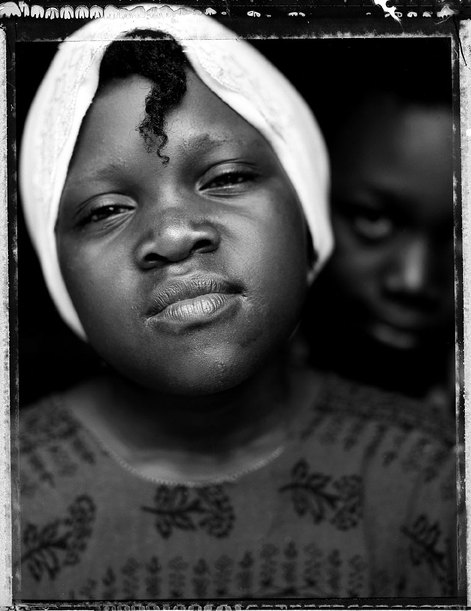
Refugee Resettlement in Clarkston, Georgia
Bryan Meltz | Georgia, United States
Photographer: Bryan Meltz
Exhibit Title: Refugee Resettlement in Clarkston, Georgia
Location: Georgia, United States
Over the last decade Clarkston, Georgia, a former railroad town outside of Atlanta has been transformed into the Ellis Island of the South for refugees from every corner of the globe. It is estimated that 1 in 3 of Clarkston’s residents are immigrants, and over sixty languages are spoken in this small Southern town. Refugees come to Clarkston from a myriad of cultures suffering the effects of protracted civil wars and massive human suffering: Somalia, Sudan, Burma, Bosnia, Iraq, Vietnam and Afghanistan. The town has become a popular destination for refugees due to access to public transportation, affordable housing, and proximity to resettlement agencies who are crucial in job training and placement. Over 71% of the refugees in Clarkston are female, and all of those, as implied by their refugee status, are survivors of civil conflict, war, trauma, rape and/or genocide. Having traveled thousands of miles for the promise of a new start, these women arrive in the United States filled with tremendous hope for a better life, for themselves and for their children
I first met Arbai Barre Abdi in 2004, when she and her four children arrived in the US from a refugee camp in Kenya. Arbai was one of nearly 13,000 Somali Bantu refugees that were resettled throughout the US beginning in 2003. The Bantu, who were denied access to education and jobs, were almost completely untouched by modern life. Few could read or write in any language, and almost none spoke English. Most had never seen a light switch, a telephone, a set of stairs, or even a building that wasn’t made of mud.
After several years I began taking my 4x5 camera and Polaroid positive/negative film with me on my weekly visits to see Arbai and the kids who were living in the Willow Branch apartments in Clarkston. The pace of working with a large format camera allowed for a different form of collaboration, one that was much more intimate and personal than my normal reportage style of shooting. Soon after I began, neighbors, friends, and children from the complex began lining up for their portraits. Almost none of them had family photos in their homes, and for many it was the first time they had their pictures taken. One of the older women broke down after seeing her portrait and told me that she had never seen herself in a photograph before. She walked away holding her image tightly, yelling at the group of children around her as they tried to grab at it.
This series of portraits, taken over the last six years, focus primarily on Arbai, her six children, three grandchildren, and their neighbors of the Willow Branch apartment complex in Clarkston, Georgia.
Make Comment/View Comments